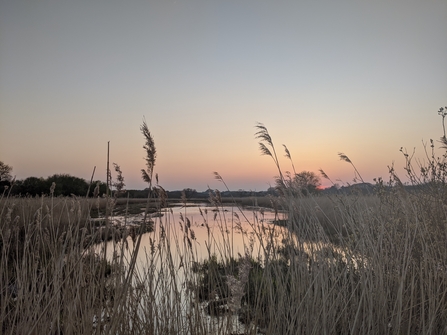From the tiniest garden ponds to whole river systems, complete with wet floodplains, our wetlands are one of the most biodiverse habitats in the UK. Yet, with 75% of the UK’s wetlands lost in the last 300 years, they are disappearing three times faster than forests! Despite government targets of achieving 100% healthy waters by 2027, a staggering 86% of rivers in the UK don’t meet good ecological status. This is due to numerous factors, including:
- Sewage discharge
- Farming impacts (e.g. fertilisers, pesticides and soil run-off)
- Chemicals from industrial sources
- Road run-off
Additionally, our rivers and their wetlands have, over time, been artificially drained, straightened, and deepened, usually to reclaim land and facilitate drainage.
However, biodiverse natural rivers and their floodplains provide wider benefits to us that we are becoming increasingly aware of and knowledgeable about. For example, floodplain wetlands such as peat bogs and fens protect against climate change by absorbing and storing carbon. Natural river processes can also help mitigate severe flooding, alleviate drought, and reduce pollution.



